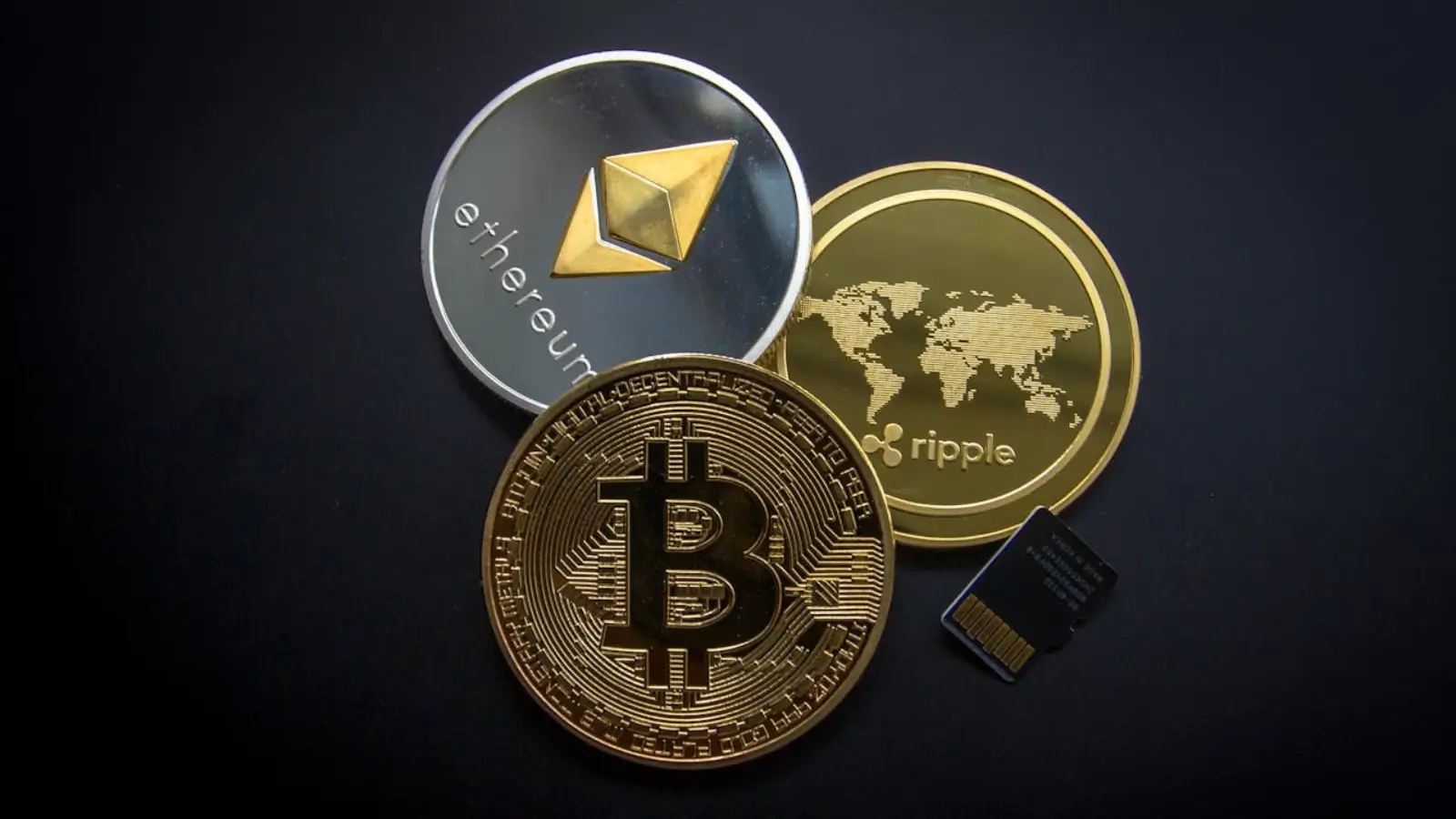


We’ve seen cryptocurrency transform industries like banking, online shopping, and entertainment by giving people more control over how they manage and move their money. Now it’s making its way into the gaming world, creating some of the most exciting changes in how games operate. Blockchain technology has altered the way value flows between developers, players, and publishers, removing middlemen and giving everyone a direct stake in the game’s economy.
Traditionally, digital gaming was always one-sided, with players buying items, upgrades, or skins, but never truly owning them. Instead of just spending money on in-game items that disappear when the game ends, they can now own, trade, or even earn from them. On the business side of things, this transition has given way to new strategies for developers to sustain their communities and reward engagement.
With blockchain now integrated into games, in-game assets have come to be verifiable digital items, known as NFTs (non-fungible tokens). This means as a player, you have a direct claim on your assets rather than just having a license to use them. To manage and store these digital assets securely, most players use a crypto wallet that keeps their NFTs and tokens safe while allowing them to trade or transfer them easily across platforms.
This idea of true asset ownership allows players to sell, trade, or move their digital items between different platforms that use the same blockchain. Based on the cross-platform interoperability theory, a sword or skin earned in one blockchain-based game could be used or sold in another.
The business advantage here is that these digital assets gain real-world value because players can make money from them outside the gaming platform itself. If the player decides they’re done playing a game, their gear doesn’t lose its value; therefore, it can be traded for crypto or even fiat currency.
Blockchain technology is well known for its transparency and permanence, which help make game transactions both secure and easy to verify. Players no longer need to worry about developers changing rules mid-game or unfairly banning assets without warning. This is why game developers who integrate crypto often build stronger and more connected relationships between studios and their players.
Platforms like The Sandbox and Decentraland have already gotten ahead by building entire virtual worlds around this principle. Players on both these platforms can purchase, develop, and sell virtual land using native tokens like SAND and MANA. Other businesses that might have been doubting the use of blockchain tech can now see how it creates sustainable, player-first economies that benefit both users and developers.
The term “tokenomics” was coined to define how tokens are earned, used, and distributed in a gaming ecosystem. The Play-to-Earn (P2E) model is one of the most popular examples of this business model, where players earn crypto or NFTs as rewards for their time and achievements. It creates a two-way street for gamers to generate real-world value, while developers enjoy higher retention and user acquisition rates because the incentives are mutual.
In 2023, a leader in the P2E model, Axie Infinity, had more than 2.5 million daily active users, which proves just how massive the engagement potential of decentralized game economies is. Axie allowed its users to earn income through breeding, battling, and trading digital creatures, while the developers generated steady revenue through transaction fees and marketplace activity.
Other blockchain games use DAO (Decentralized Autonomous Organization) structures that allow players and token holders to vote on updates, gameplay changes, and even economic policies. This community governance helps developers align with what players actually want, which results in better product-market fit and better annual profit returns.
From a financial perspective, tokenomics also opens the door for developers to earn royalties from every NFT resale on secondary markets. These royalties force developers to design quality items that retain long-term value, ensuring continuous income long after the original transaction. This model benefits both the creators and the players by creating a fairer exchange of value where everyone involved has something to gain.
The most common online gaming payment challenges typically include high transaction fees, slow processing times, or regional restrictions that limit access to content. Crypto payment systems address these pain points by enabling instant, low-fee microtransactions across the globe. Players can make small purchases with little to no hassle at all, which is ideal for in-game upgrades or digital collectibles.
These systems rely on smart contracts that automatically execute transactions once certain conditions are met. These conditions often relate to specific in-game actions or milestones that create smoother and more transparent exchanges between players and developers. A few examples include:
These built-in conditions eliminate the friction of traditional payment systems while building a level of trust that’s essential for the sustainable growth of the business. By removing middlemen like payment processors or banks, game developers are able to reduce operational costs and pocket more profits. Lower costs also mean that developers can allocate more capital toward gameplay development, rewards, or community events.
Perhaps one of the most profound effects of crypto in gaming is the economic empowerment it brings about. A player who once played purely for fun can now earn digital assets that can be sold or traded for money, which is why gaming is now seen as a viable economic activity.
A turnaround point for the developers has been the move from traditional funding models that relied heavily on publishers, investors, or advertising. Blockchain introduces new funding options, such as initial token offerings (ITOs) or NFT sales, where studios can raise capital directly from their communities before or during development.
This creates a sense of shared ownership and builds loyal fan bases even before a game officially launches. The early success of games like Big Time, which reported roughly $100 million in sales since its pre-season launch in late 2023, is proof of the commercial potential of crypto-integrated experiences.
With more and more gaming businesses coming up with ways to integrate crypto into their operations, it’s a sign of where the industry is heading. As blockchain continues to mature, it’s quietly transforming the business foundations that have guided gaming for the past couple of decades. Developers are now discovering more transparent, community-focused revenue systems, while players are gaining real financial participation in the worlds they help bring to life. What’s emerging isn’t merely a new way to play but a new way to belong in the digital economy where creativity, ownership, and opportunity are shared across the table.